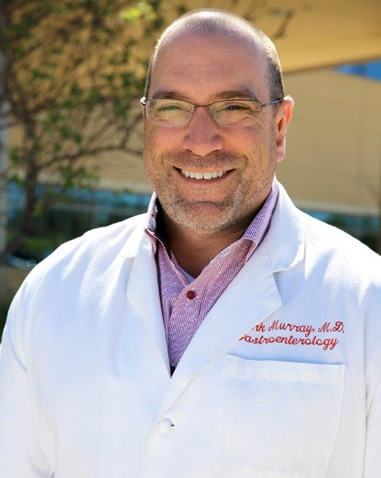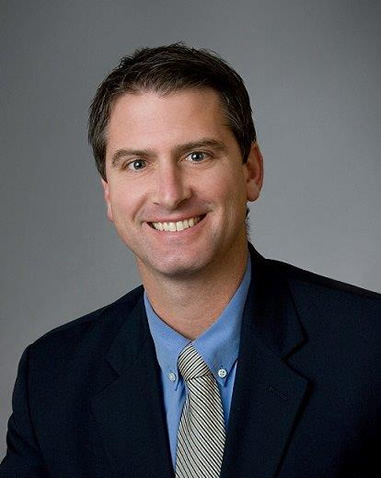APRIL IS ESOPHAGEAL CANCER AWARENESS MONTH
Your esophagus is the hollow, muscular tube which connects to your throat to your stomach. It is roughly 20 cm long and allows swallowed food, liquids and pills to pass from your mouth into your stomach. Esophageal cancer develops when some of the cells lining the esophagus turn malignant/cancerous. It is estimated that approximately 17,000 people will develop esophageal cancer this year and that there will be approximately 15,000 esophageal cancer-related deaths. The lifetime risk of developing esophageal cancer is ~ 1 in 130 men and ~ 1 in 450 women.
WHAT ARE SOME OF THE RISK FACTORS FOR DEVELOPING ESOPHAGEAL CANCER?
- Age greater than 55 (only 15% of esophageal cancers are found in individuals less than 55 years old)
- Male gender (Men outnumber women by almost 4 to 1)
- Longstanding issues with GERD
- A history of Barrett’s Esophagus
- Frequent and long-term tobacco use
- Frequent and long-term alcohol use
- Obesity
WHAT ARE SOME OF THE POTENTIAL SIGNS AND SYMPTOMS OF ESOHAGEAL CANCER?
While having any of the symptoms listed below does not necessarily indicate an individual has esophageal cancer, it is important to have these symptoms evaluated and treated.
- Difficulty swallowing
- Painful swallowing
- Chest pain that has been determined to be non-cardiac in nature (not related to the heart)
- Persistent vomiting
- Chronic, unexplained coughing
- Hoarseness
- Persistent hiccups
- Unexplained weight loss
- Unexplained anemia
TESTING FOR ESOPHAGEAL CANCER
One of the most common tests used to evaluate individuals at risk for esophageal cancer is upper endoscopy (also known as an “EGD”: Esophago-Gastro-Duodenoscopy). This test involves taking a small, flexible tube (commonly referred to as an endoscope) and gently advancing it through the patient’s mouth into their upper gastrointestinal tract (esophagus, stomach and first portion of the small bowel). The endoscope contains a small camera and light at its tip which allows for direct visualization of the tissue in the upper gastrointestinal. Additionally, the endoscope also contains a small port through which biopsy forceps can be passed for tissue sampling. The procedure is typically performed under anesthesia and lasts less than 30 minutes.
Schedule Your Appointment Today!
NORTHEAST TARRANT GASTROENTEROLOGY ASSOCIATES
If you have any of the signs, symptoms or risk factors listed above, please feel free to schedule an appointment with us to discuss your concerns and schedule further testing. All of our physicians are board-certified in gastroenterology and perform upper endoscopies regularly. We look forward to seeing you.
PHYSICIANS
Northeast Tarrant Gastroenterology Associates is comprised of Dr. Mark Murray, Dr. Eric Hill and Dr. Kevin Ho. They are all board-certified gastroenterologists who are also members of Digestive Health Associates of Texas (DHAT) and GI Alliance (GIA). They have two convenient office locations in Northeast Tarrant County (North Richland Hills and Ft. Worth) to serve your gastroenterology needs. They offer specialized services supporting the full spectrum of digestive healthcare, including cancer screenings, as well as diagnostic and therapeutic endoscopy.

 Meet Dr. Mark Murray
Meet Dr. Mark Murray Meet Dr. Eric M. Hill
Meet Dr. Eric M. Hill Meet Dr. kevin Ho
Meet Dr. kevin Ho